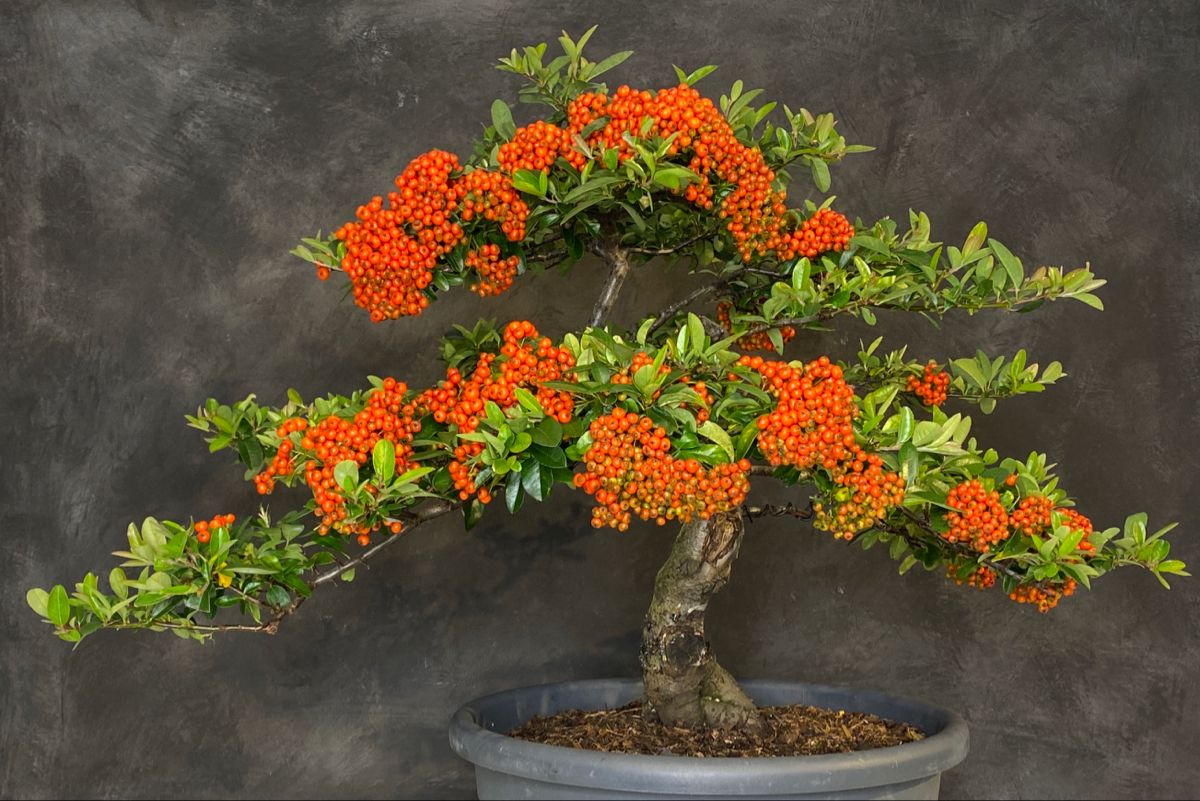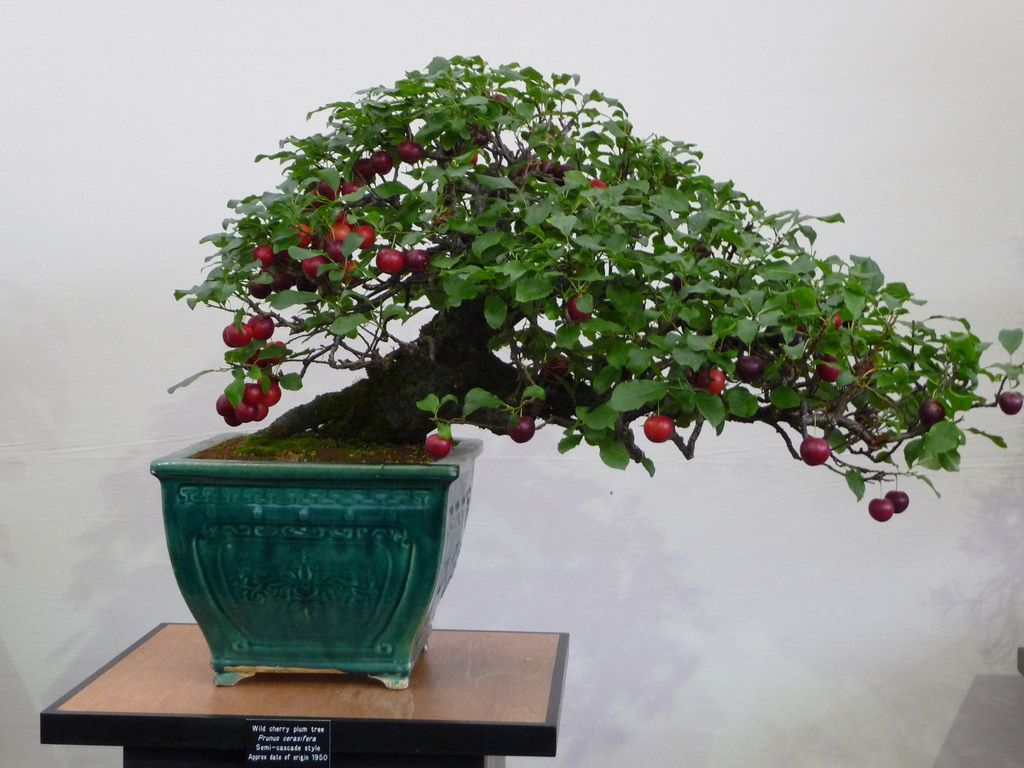How Much Are Bonsai Trees Worth
How much are bonsai trees worth can be demonsatrated by their worth to an owner or the price somebody is willing to pay for a bonsai tree.
Many bonsai owners are curious about how much their trees might be worth. The answer to that question is dependent on many factors, including the type of tree it is, how old it is, and what condition its in.
But one thing’s for sure- if you have a valuable bonsai tree, you should consider getting it appraised so you’ll know for sure!
In the meantime let’s look at some factors to determine how much are bonsai trees worth:
1. The age of the tree
2. The health of the tree
3. The size and shape of the tree
4. The type of bonsai tree – whether it be a deciduous or evergreen, for example
5. Whether or not there are any defects to the bonsai’s trunk or branches
6. And finally, if you have done anything to maintain your bonsai over time (e.g., watering)
Let’s expand on these points
The age of the tree

A bonsai tree’s age is one of the most important factors when determining its value. This is because a tree that has been in your possession for a short amount of time will probably have less value than a tree that has been in your possession for many years.
So if you purchased a juniper bonsai tree, for example, from your local nursery, expect it to have a much lower value than if you inherited a juniper bonsai tree from your grandmother.
Conversely, the longer you’ve owned a tree, the more experienced and knowledgeable about bonsai you’re going to be, meaning that in time your trees will probably increase in their value!
The health of the tree
A healthy bonsai tree is obviously of greater value than a diseased one. But here’s what you can do to make sure your bonsai stays healthy, even if it has special requirements:
– Put it in shade rather than full sun (depending on the type of bonsai)
– Avoid placing your bonsai near a heating or air conditioning vent
– Make sure your bonsai soil is moist, not dry
– Keep the leaves of your bonsai clean so they don’t attract pests
– Fertilize your plants with fertilizers formulated for indoor plants
The size and shape of the tree

One thing you’ll need to keep in mind is that a bonsai tree’s size and shape can influence its worth, but only because it dictates the time and effort needed to care for it.
For example, a complex or rare bonsai that might be difficult for you to care for could have less value than a normal looking bonsai that doesn’t take much effort to keep.
The type of bonsai tree – whether it be a deciduous or evergreen
If you have a preference for bonsai trees that leaves, then one that is deciduous and turns color in the fall will probably be worth more than an evergreen. However, if your main concern is having a bonsai tree for keeps without too much trouble to care for it, then an evergreen is probably your best bet.
Whether or not there are any defects to the bonsai’s trunk or branches
If you have a well groomed and shaped tree with no broken branches, it will be worth more than if you have a tree that has broken branches. It is best to have this assessed by an experienced bonsai dealer or appraiser, as some defects might not be detectable or even visible to the naked eye.
And finally, if you have done anything to maintain your bonsai over time

Your efforts will definitely pay off if you’ve gone the extra mile to keep your bonsai well-watered and healthy. Not only will your trees probably live longer than average, but they’ll also increase in value as a result!
Of course, it’s worth mentioning that the most important factor in determining a bonsai tree’s value is its appearance. If you care for your bonsai tree diligently it will be much more likely to have a high value.
But if you were to look closely, you might find that the tree appears to be dying or that the bark has been ripped off in some areas. All of these factors can put its worth at risk!
Now that you now several things about bonsai trees, how much are they worth? Well, this question really varies from tree to tree.
Factors that determine a bonsai’s value include its
- age,
- type,
- size and shape,
- healthiness,
- the sizes of the other plants in your garden or collection,
- whether there are any visible defects on the trunk or branches of the tree, and
- the time and effort you’ve put into maintaining your bonsai.
If you want to buy a bonsai tree, ask to see documentation of the tree’s age and healthiness (e.g., pictures or certification).
Otherwise, it might be better for you to grow your own bonsai trees if they’re within your desired range of sizes and you have the time to care for them. That way, you’ll be able to make a bonsai that is truly representative of yourself!
Conclusion
So how much are bonsai trees worth?
Bonsai trees are worth anywhere from $5 to $1,000. The value of the tree depends on where you buy it and what you plan to do with it.
If you’re looking for a bonsai tree that will grow into an expensive specimen, look for ones sold in nurseries or other garden stores because they usually cost between $50-$400 each depending on size.
If your goal is just to get one quickly (and cheaply), check out discount retailers like Walmart which sells small starter plants at around $10-25 dollars apiece.
You can also find many places online that sell them including Sears, Amazon and eBay; but be wary of people selling their own personal trees without any experience growing them!

